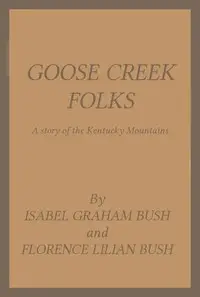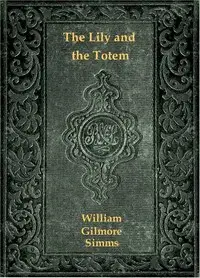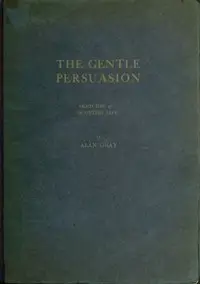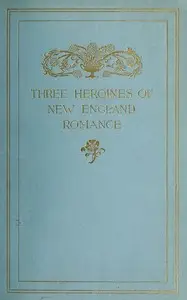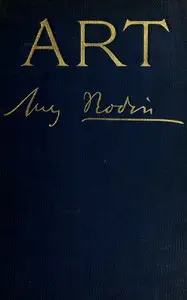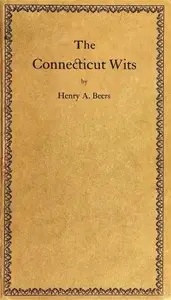"Charlemont; Or, The Pride of the Village. A Tale of Kentucky" by William Gilmore Simms is a story set in a developing Kentucky village, where life is a mix of simplicity and hardship. The main character is Margaret Cooper, a woman full of ambition, whose desires clash with what society expects of her in this rural place. The story begins as winter turns to spring, showing both the beauty of nature and the energy of the village. Two travelers, a thoughtful older man and a doubtful younger one, come to Charlemont and see the village and its people in different ways. They see the good parts of country living but also its limits. As they watch life in the village, the people show who they really are through what they say and do. This highlights ideas about ambition, kindness, and what society expects from people and particularly focuses on Margaret's important position in the community. This sets the scene for a story full of mystery and deep feelings, where the characters fight against expectations, promising an engaging story.

Charlemont; Or, The Pride of the Village. a Tale of Kentucky
By William Gilmore Simms
In a vibrant frontier town, a woman's ambition clashes with societal norms, observed by two travelers who reveal the delicate balance between promise and constraint.
Summary
About the AuthorWilliam Gilmore Simms was a poet, novelist, politician and historian from the American South. His writings achieved great prominence during the 19th century, with Edgar Allan Poe pronouncing him the best novelist America had ever produced. He is still known among literary scholars as a major force in antebellum Southern literature. He is also remembered for his strong support of slavery and for his opposition to Uncle Tom's Cabin, in response to which he wrote reviews and the pro-slavery novel The Sword and the Distaff (1854). During his literary career he served as editor of several journals and newspapers and he also served in the South Carolina House of Representatives.
William Gilmore Simms was a poet, novelist, politician and historian from the American South. His writings achieved great prominence during the 19th century, with Edgar Allan Poe pronouncing him the best novelist America had ever produced. He is still known among literary scholars as a major force in antebellum Southern literature. He is also remembered for his strong support of slavery and for his opposition to Uncle Tom's Cabin, in response to which he wrote reviews and the pro-slavery novel The Sword and the Distaff (1854). During his literary career he served as editor of several journals and newspapers and he also served in the South Carolina House of Representatives.







